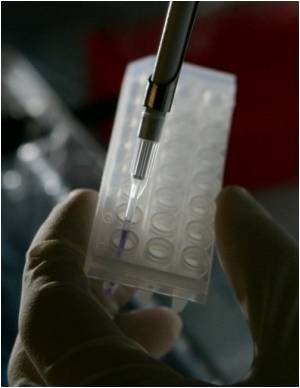
Anya Salih, from the University of Western Sydney will use pigments from the corals to develop new fluorescent labels to help track the inner workings of cells and study what goes wrong in cancer.
Red was in particular demand because it allowed researchers to see deeper into tissues, said Salih, who is collaborating with cancer researchers overseas, reports The Sydney Morning Herald.
The gene that gives the coral its colour gets attached to the cell molecule, lighting it up.
The activity of that molecule, as the cell grows and changes, can then be followed under a special laser microscope using the fluorescence it gives off.
The Lord Howe Island Marine Park manager, Ian Kerr, said the scientifically important discovery was a good example of why biodiversity in the ocean needed to be protected.
Advertisement














